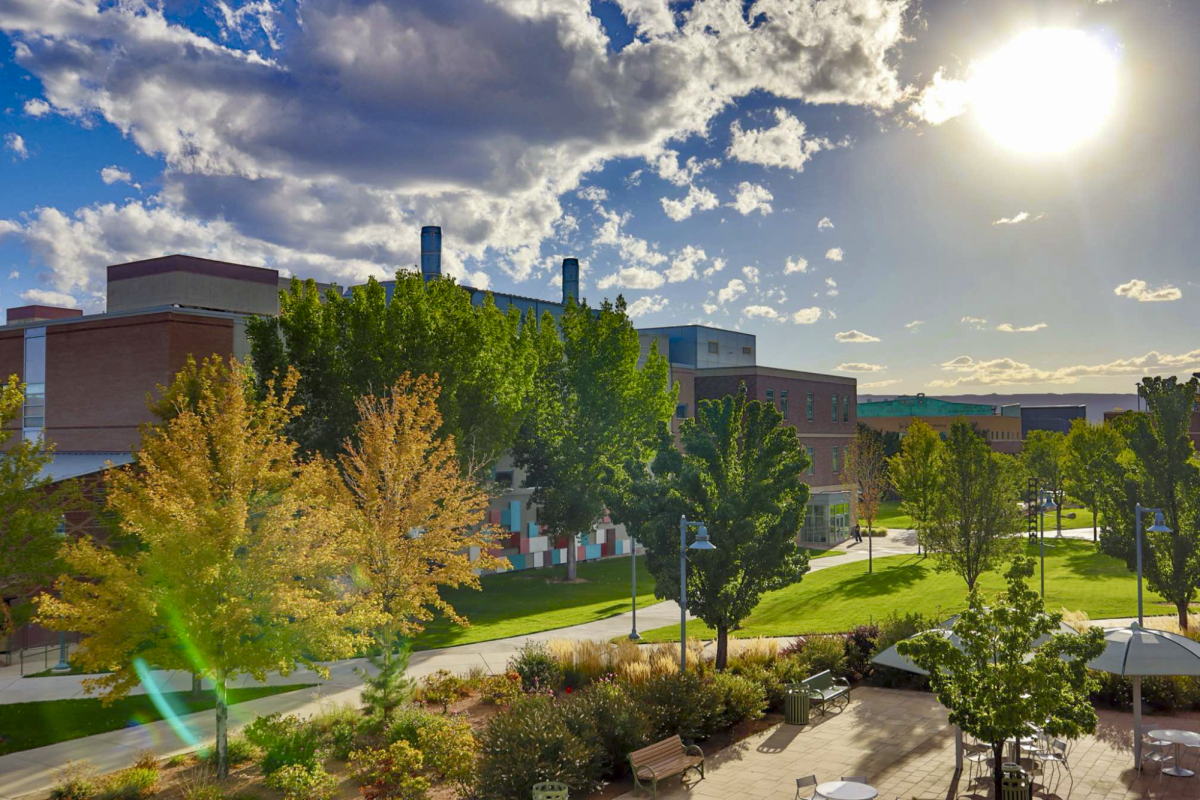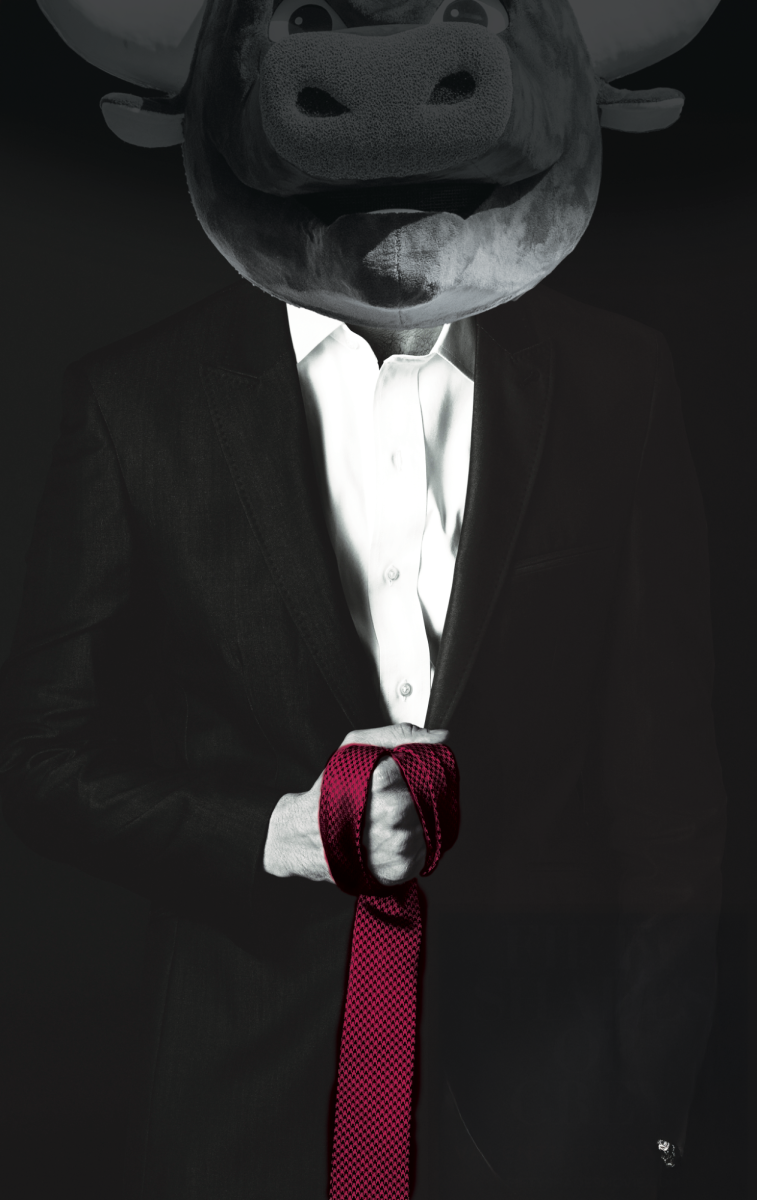by Jake Carmin
With less than two weeks until the general election, support for Trump and Clinton is largely solidifying. Historical Republican stronghold states like Texas and Ohio, which seemed vulnerable just weeks ago, are buckling down for the GOP standard-bearer, Trump. Support for third-party candidates Gary Johnson and Jill Stein are slowly declining, and undecided voters, it seems, are settling down.
Not so in Utah. Polls in the state show a surprising amount of support for Evan McMullin, a candidate who has flown largely under the radar throughout his campaign. McMullin, the current House Republican Chief Policy Director, is a former CIA agent and Mormon missionary who hopes to sweep the #NeverTrump crowd.

McMullin’s Mormon faith and BYU alumni status lend well to the candidate’s chances in Utah, where many find Donald Trump’s policies and personality unfavorable. State polls show Trump holding 35 percent of Utahns, while Clinton and McMullin both hold just under 27 percent. However, FiveThirtyEight, a news outlet with a particular focus on polls and statistics, reports these numbers may be misleading.
First, not many polls have been conducted in Utah, as its voters have a high level of religiosity, a historical preference for far-right Republicans, and only offer six Electoral College votes. McMullin has only been in the race since August, so many polls have excluded the candidate from their surveys. Additionally, FiveThirtyEight, upon examining major Utah polls, found their methodology favored Trump and Clinton, as some pollsters believe third-party voters generally break for one of the major party candidates. Because of his high polling numbers, as well as the aforementioned poll bias, it is safe to say among third-party candidates, McMullin has the best shot at winning a state. He’s already garnered some hefty conservative endorsements both in and out of Utah; most notably, Bill Kristol of the Weekly Standard, a conservative magazine.

Yet the most interesting feature of McMullin’s campaign is not the chance that he may be the first third-party candidate to win a state since 1968; it’s his chance to actually become president. In fact, it’s safe to say McMullin has the third-highest chance to be president in 2016. Of course, a number of unlikely events have to line up for this to happen, but it’s certainly more likely than a win by Johnson.
For McMullin to become President, he first must win Utah. Then, Clinton and Trump must fail to win 270 votes. This is fairly unlikely, because Clinton is leading in most swing state polls, and Trump has halted fundraising and pulled out of many media markets (leaving states like Arizona and Ohio vulnerable). However, if Trump supporters rall
y or Clinton hits a snag (such as the FBI’s reconsideration of email-related evidence announced this weekend), a stalemate is hardly out of the question.
If McMullin wins Utah, and neither Clinton nor Trump reaches 270, the election will be decided by the House of Representatives per the Constitution. In the House, representatives must choose the president from the top three electoral vote getters. Since the House will likely keep its Republican majority, there is a significant chance McMullin could be chosen as a compromise candidate.
It’s no secret that American democracy has quirks, but even in an election cycle as unusual as 2016, it is hardly surprising an unknown candidate, not selected by primary race and popular in only a single state, could be eligible for the presidency.







